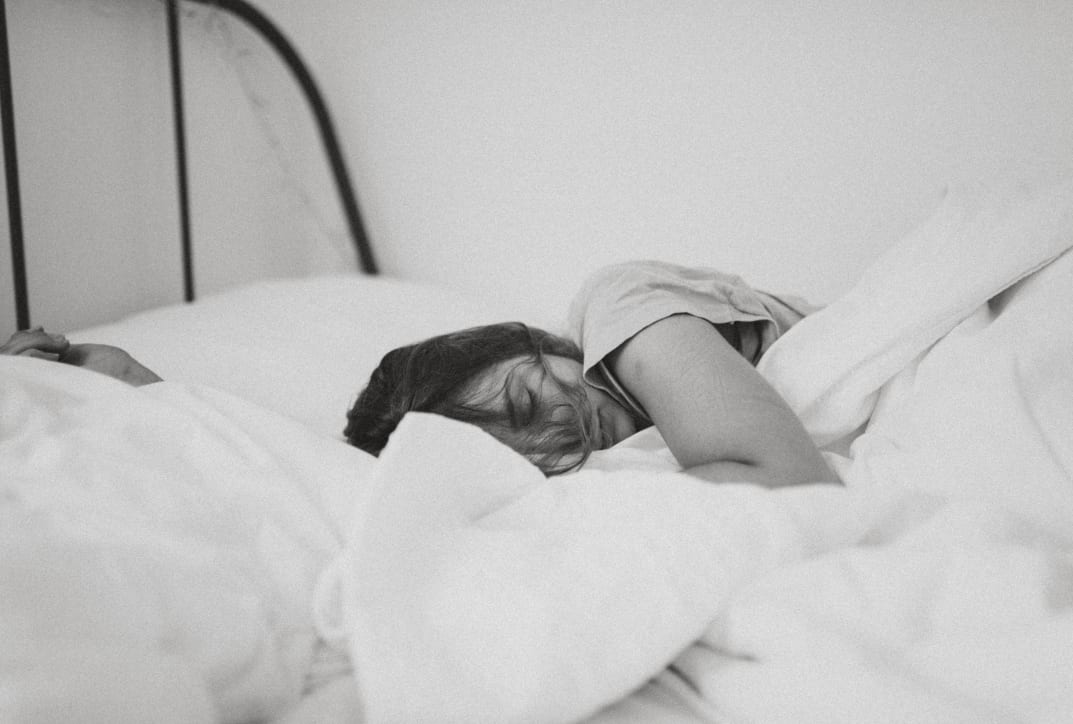
Enough daylight during the day, regular routines and zero screen time before going to bed ... there are many things that can be adjusted if you are struggling with sleep.
Ten smart tips and tricks to better sleep:
Go to bed and get up at regular hours – even when you’ve fallen asleep late or have slept poorly the previous night. A regular circadian rhythm makes it easier to fall asleep the next night.Make sure you get some daylight every day, preferably early in the day. Daylight plays a part in regulating our inner biological clock and circadian rhythm and affects the release of the sleep hormone melatonin. Melatonin helps to make us tired in the evening.
Don’t have a clock next to your bed. Constantly checking the time creates stress and only makes you more awake.
Stop using a screen at least an hour before bedtime. The light from smartphones, tablets and PCs tricks the body into believing it isn’t night and stops the release of melatonin. That means you fall asleep later.
Calm down for the evening. It’s difficult to sleep if your body or brain is active. Stop schoolwork in plenty of time and do something that calms you down during the last hour before bedtime. This could be listening to music, reading a good book, taking a warm shower, doing yoga/meditating or a relaxation exercise.
Avoid drinks with caffeine such as coffee, tea or energy drinks after 5 p.m.. The body needs several hours to break down caffeine, and it therefore has an effect for a long time after drinking it.
If you’re struggling with lots of thoughts just before sleeping, set aside a fixed time earlier in the day to empty your head of worries. Writing down the thoughts can be helpful.
A cool, dark and quiet bedroom helps you sleep well. Dark curtains, a blindfold and earplugs are good aides if you struggle to fall asleep.
Make sure you get enough activity during the day. An inactive lifestyle doesn’t make you tired enough and makes it more difficult to fall asleep at night.
If you can’t sleep, get up and go back to bed when you’re tired again. Lying writhing in your bed only makes you stressed and frustrated. That’s incompatible with sleep.
And last, but not least: Relax! It’s completely normal to have a bad night’s sleep occasionally.
Do you need help finding good sleep?
If you struggle with sleeping over time, SSN Health have conversational therapists and psychologists who can help.

